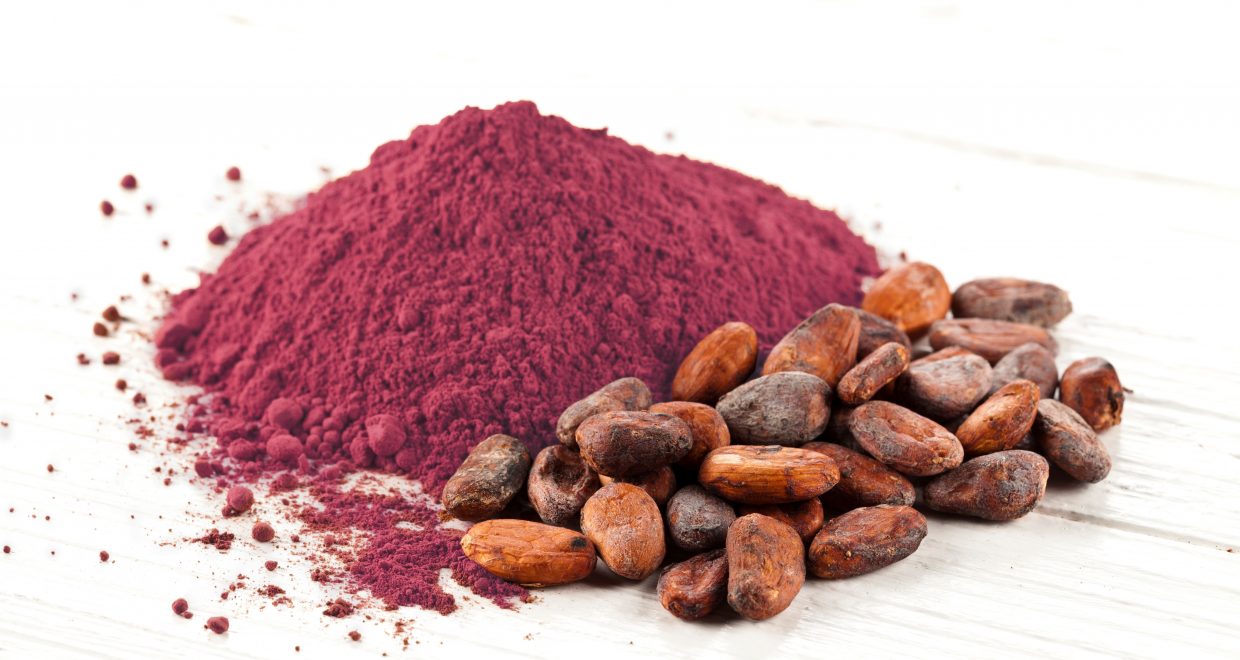Cocoa flavanols good for heart health
An EU-funded study published this week in British Journal of Nutrition (BJN) shows that consuming cocoa flavanols improves cardiovascular function and lessens the burden on the heart that comes with the ageing
As we get older, our blood vessels become less flexible and less able to expand to let blood flow and circulate normally, and the risk of hypertension also increases. Arterial stiffness and blood vessel dysfunction are linked with cardiovascular disease — the number one cause of deaths worldwide.
“With the world population getting older, the incidence of cardiovascular disease, heart attacks and stroke will only increase,” says Professor Malte Kelm, Professor of Cardiology, Pulmonary Diseases and Vascular Medicine at University Hospital Düsseldorf and Scientific Director of the pan-European FLAVIOLA research consortium who conducted the study. “It is therefore pivotal that we understand the positive impact diet and flavanol-containing foods could have in maintaining the health of the heart and blood vessels.”
Cocoa flavanols are naturally occurring bioactives found in the cacao plant. Dietary intake of flavanols has been shown to have a beneficial effect on cardiovascular health but the compounds are mostly destroyed during normal food processing. Earlier studies have demonstrated that cocoa flavanol intake improves the elasticity of blood vessels and lowers blood pressure — but, for the most part, these investigations have focused on high-risk individuals like smokers and people that have already been diagnosed with conditions like hypertension and coronary heart disease. This study, along with a related study in the journal Age, are the first to look at the different effects dietary cocoa flavanols can have on the blood vessels of healthy, low-risk individuals with no signs or symptoms of cardiovascular disease.
Improving cardiovascular health and lowering the risk of CVD
The study in BJN looked at 100 healthy, middle-aged men and women (35-60 years) with low risk of CVD. The participants were randomly and blindly assigned into groups that consumed either a flavanol-containing drink or a flavanol-free control drink, twice a day for four weeks. The researchers also measured cholesterol levels in the study groups, in addition to vasodilation, arterial stiffness and blood pressure.
“We found that intake of flavanols significantly improves several of the hallmarks of cardiovascular health,” said Professor Kelm. “We applied the Framingham cardiovascular risk scoring model and found that the cocoa flavanols had reduced the 10-year risk of being diagnosed with CVD by 22% and the 10-year risk of suffering a heart attack by 31%.”
The results of the research published in BJN, and supported by the findings in Age, demonstrate that flavanols are effective at mitigating age-related changes in blood vessels, and could thereby reduce the risk of CVD in healthy individuals. The application of 10-year Framingham Risk Scores should be interpreted with caution as the duration of the study was weeks not years and the number of participants was around 100, not reaching the scale of the Framingham studies. That being said, Professor Kelm comments that “the reduction seen in risk scores suggests that flavanols may have primary preventive potential for CVD.” Other longer-term studies are already underway, such as the 5-year Cocoa Supplement and Multivitamin Outcomes Study (COSMOS) launched last year. With 18,000 male and female participants, COSMOS is the largest dietary intervention study to date investigating the long-term impact of cocoa flavanols on cardiovascular disease risk.


Related links:
Find out more about Cocoa Flavinols






